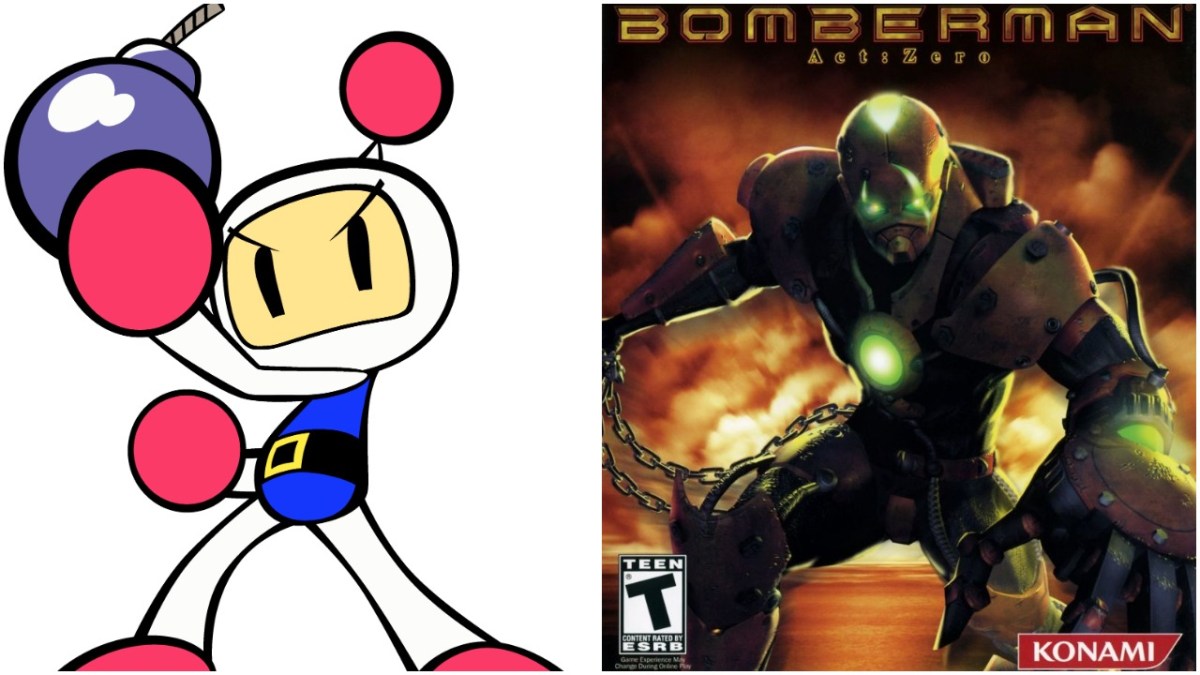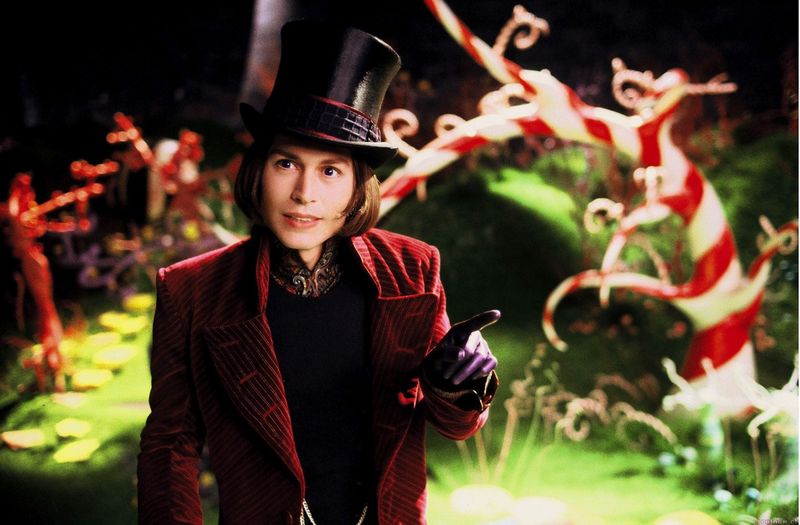Ask the Mary Sues: Which Properties Didn’t Need a Dark, Gritty Reboot?
Why so serious?

Last week, Netflix dropped the first trailer for Fate: The Winx Saga, a live-action adaptation of the popular Italian-American animated series Winx Club. Much to our disappointment, the live-action series contained none of the sparkle or bright colors of its animated predecessor. Sure, a more grounded approach may translate better in live-action, but it got us thinking about Hollywood’s tendency to grim-wash upbeat franchises with desaturated color, heavy-handed angst, and plenty of cursing and violence. They also white-washed franchise characters, which is a wholly separate and very disturbing issue.
Look, don’t get us wrong: there is plenty of room for cursing and violence on our screens (and in our hearts?). But some franchises just don’t lend themselves to gritty reboots. And just because something is dark and serious, that doesn’t make it more mature or artistic. We’ve especially seen this in superhero content—remember Nightwing’s meme-worthy “f-ck Batman” moment? We wish we didn’t. Here are some other properties that should have stayed on the sunnier side.
Chelsea Steiner:
In 2013, Warner Bros. launched a whole new DCEU era. Inspired by the massive critical and commercial success of Christopher Nolan’s Dark Knight trilogy, the studio brought on director Zack Snyder to set the tone for their answer to the juggernaut MCU. But unfortunately, Snyder took all the moodiness and ambience of Nolan’s work with none of the character building or political allegory. The resulting Man of Steel gave us a dour, self-important take on Superman (Henry Cavill) that would lend a deadening vibe to DC’s extended universe.
I appreciate a more mature tone, but as a fan of the uplifting Christopher Reeve Superman films, it was a super bummer to see our most optimistic superhero spending half his film wandering around like a sad hobo. If I wanted to see sad men in lumberjack cosplay I’d just re-watch the Dexter finale, am I right?
Rachel Leishman:
Riverdale is a gritty look at the Archie Comics, and while we have fallen in love with its nonsense throughout the years, we really didn’t need a “gritty” Archie, did we? There are so many aspects of that show that make me groan because it’s … too much a lot of the time and yes, it brought Betty and Veronica and the entire crew from Riverdale to life in a new way for younger audiences, but at what cost?
Briana Lawrence:
Bomberman was just an adorable little guy of Chibi mascot proportions who would traverse mazes and place bombs in strategic locations. For some reason, during the Xbox 360 era, they decided to give him a gritty, Halo-esque looking makeover for Bomberman: Act Zero. Gone was the cute, happy vibe, instead replaced with … I dunno, a hardened mech hero or… something? True to its name, it bombed.

(images: Konami)
Jessica Mason:
The freaking Hardy Boys. I went off in more detail earlier this week about the show but it bears repeating that a dark, gritty, 80s version of this perky, square property just didn’t work. No one wants to watch The damn Hardy Boys weep over their dead mom and be jerks! Give us gee golly unironic fun or give us something else that doesn’t have the name “Hardy boys” on it.
Dan Van Winkle:
It’s hard to call a Sonic the Hedgehog game gritty, although 2005’s Shadow the Hedgehog and 2006’s rebooted Sonic the Hedgehog tried, to the extent it’s possible when the franchise’s protagonist is a cartoony anthropomorphic hedgehog. The former even went so far as to have its edgelord star wield guns, while the latter went for a (spectacularly failed) attempt at grand, dramatic storytelling, both forever sealing their fate as meme material.
Princess Weekes:
Jem and the Holograms was a delight, it was optimistic, and it served amazing fashion. Yet the movie adaptation decided to whitewash and utterly desaturate everything. Why? Only Ahtohallan knows. It was a reminder that even successful series will be stripped of their glitter to appeal to a mainstream audience, even if … they literally already did that.
Kaila Hale-Stern:

Some stories beg to be retold in a new era, or were told poorly the first time around and hold reboot potential. But I’ll never understand why we have to revisit some truly iconic properties that are better left alone. It’s hard to imagine a movie more memorable or impactful to many children than 1971’s Willy Wonka & the Chocolate Factory. Gene Wilder’s lead performance as reclusive candymaker Willy Wonka is perfect, equal parts sly, mischievous, creepy, endearing, and fun. Charlie & Co.’s trip through the factory is full of colorful wonder and frightening consequences.
Based on the Roald Dahl book, which since it’s Dahl has messed-up things abounding already, this unsettling yet uplifting gem of a movie did not need to be revisited. It especially did not need the truly awful, “grittier” 2005 take from yet another questionable Tim Burton-Johnny Depp matchup in Charlie and the Chocolate Factory. That movie loses all its joy and wonder and gives us Depp’s bizarre Willy Wonka in a bob with deep-seated daddy issues and a plot point that involves dentistry. I can’t tell you much more about it because I’ve bleached it from my memory banks.
Vivian Kane:
This one never ended up happening, but a few years ago, the CW picked up a “hyper-stylized, gritty adaptation” of Little Women that would have seen the March sisters solving mysteries and unraveling conspiracies in a dystopian Philadelphia. Who asked for this?! No one! Aside from possibly being an opportunity to finally infuse some diversity into Louisa May Alcott’s novel—the adaptations of which are always white as a goddamn blizzard—there is absolutely no reason to do this to Little Women. If you want to make a gritty action show about badass female dystopian sleuths, cool, make that show! But don’t drag Little Women into it!
What franchises do you think took themselves too seriously? My vote is anything that uses Leonard Cohen’s “Hallelujah.” Share your picks in the comments!
(featured image: Warner Bros.)
Want more stories like this? Become a subscriber and support the site!
—The Mary Sue has a strict comment policy that forbids, but is not limited to, personal insults toward anyone, hate speech, and trolling.—
Have a tip we should know? [email protected]
